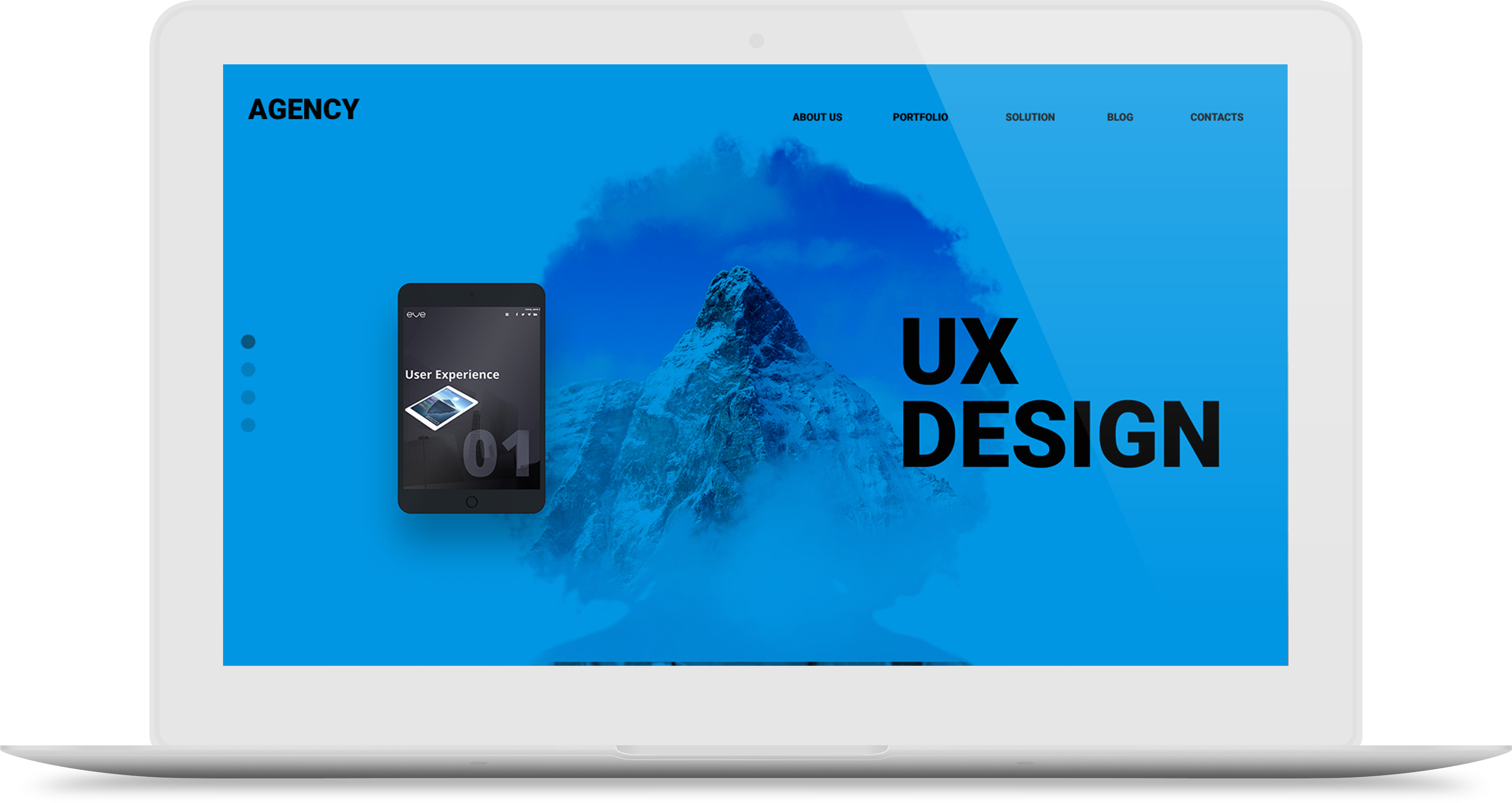When you’re considering your options for a UX agency, you should take into account their skills, experience, and resources. The team can help you create an online presence that elevates your customers’ perception of your entire brand. They can also help you with project management, design, and metrics.
Design Process
The UX design process is an essential part of developing online and digital products. It includes aspects such as user interface design, usability, branding and metrics analysis. A well-designed user experience can lead to conversion rates of up to 400 percent.
UX agencies are multi-disciplinary teams that work together to ensure the design of the product is user-centered. These teams use research and best practices to develop a logical and justifiable solution for your business.
UX design begins with defining the project’s needs and goals. It also involves collecting feedback from potential users. This allows the designers to further refine their ideas. In addition, the development team participates in meetings during the process.
The next step is to build wireframes, or a “skeleton” of the design. These represent the page hierarchy and suggested elements. Wireframes allow the developers and designers to test ideas, collect feedback, and collaborate on the final design.
Project management skills
Project management skills are essential to the success of a UX agency. Whether you are planning a brand new website or launching a mobile application for an established company, you will need to be able to lead a team and work with clients.
There are many moving parts to any project, so it’s important to be able to keep track of the process. You’ll need to set expectations and communicate effectively to your team.
Having a solid understanding of risk management is a good way to stay ahead of the curve. This will protect your project against the adversities that can arise from scope creep, inconsistency, or the inevitable delays.
It’s important to learn how to make and follow a budget. Adding time to a schedule can help you increase the project’s scope, but it can also increase your costs and reduce your quality.
Metrics and tracking information
When choosing a UX agency, there are a number of factors to consider. Among these are the metrics and tracking information they provide. Selecting the right metrics can help you measure the performance of your product or service. The KPIs you select should be based on the goals and needs of your project.
One of the first questions you’ll need to answer is what goals you’re trying to achieve. Choosing the correct metrics will allow you to gauge whether your design is improving or detracting from those goals.
Choosing the best metrics can be tricky. If you don’t know which ones are most important, you could end up with a cluttered dashboard that doesn’t show any progress. Ideally, your team should focus on just a few key metrics. That way, you can keep distractions at bay and avoid needless implementation efforts.
Job opportunities and job security
Job opportunities and job security are important considerations when choosing a UX agency. You want to make sure you choose a company that will be a good fit for you. This is especially true in a hot job market. But you also need to be aware of the types of jobs available and the qualifications and experience you need to qualify.
As the industry changes, many UX positions require on-the-job training. You should also ask questions about whether the company is user-focused and how the users are represented in the design process. If the company doesn’t practice user-centered design, you should consider whether you want to move to a more advanced role.
In addition, you’ll need to develop a portfolio of digital design work. This can include wireframes, sketches, and use cases. It’s not uncommon for UX designers to complete an internship before landing a full-time position.

